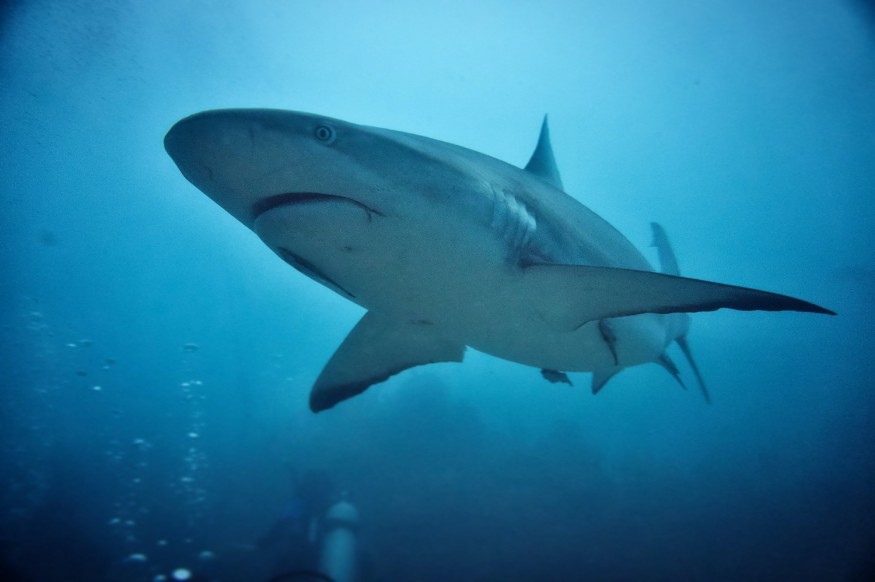Shark sightings have been reported by local authorities on the waters off New York City earlier this week, leading to the temporary closure of all beaches on the Rockaway peninsula in Queens on Tuesday, July 19. The incident adds to the recurring shark sightings in the New York City coast, including on Long Island, for several weeks.
The latest development reportedly includes at least two shark sightings. The first shark was spotted by a surfer off the Beach 67th Street and bumped into their board. Meanwhile, the second shark was spotted by a lifeguard near Beach 102nd Street.
In response, New York law enforcement ordered beachgoers to evacuate the waters and conducted an aerial surveillance of the area surrounding Rockaway to determine if swimmers are already safe to return to the potentially shark-infested waters.
This comes after five people received non-fatal shark bites off the Long Island coast in over the past month. During this period, measures taken include the temporary closure of beaches and increased shark patrols on New York City beaches.
Anti-Shark Measures

Dan Kastanis, spokesperson for the New York City Parks, told Live Science in an email that they decide on whether to open and close a beach due to the risk of shark sightings. In addition, these decisions are in line with the information provide by the New York Police Department (NYPD) Aerial Team, to determine if the sharks are still in the area.
Moreover, New York Governor Kathy Hochul has ordered state agencies to increase shark patrols on New York beaches following the series of harrowing attacks off Long Island in recent weeks, according to the New York Post.
Governor Hochul made the statement during a press conference in Suffolk County on Monday, July 18, where she also adds the State parks will boost lifeguards on ocean beaches by 25% by requiring them to work overtime.
New York Shark Attacks
There are currently a total of 12 unprovoked shark attacks in the state of New York since recordings started in 1837, according to the Florida Museum's International Shark Attack File (ISAF), the largest and most comprehensive database of human and shark encounters.
Both the western and eastern coastal areas of the United States are susceptible to such attacks. The ISAF recorded the country incurred a total of more than 1,000 related incidents nationwide.
The state with the highest number of shark attacks is Florida with 896 cases followed by Hawaii with 183, California with 132, South Carolina with 111, and North Carolina with 76 as of Thursday, July 21.
Experts assert that despite the increasing number of shark sightings on Long Island, it is still an indicator that the ecosystem in the Ocean is very healthy, as cited by CBS News.
The assessment is compared to the situation back in the 1970s, when the shark population crashed due to various factors like overfishing, water pollution, and habitat contamination, the experts add.
© 2025 NatureWorldNews.com All rights reserved. Do not reproduce without permission.





